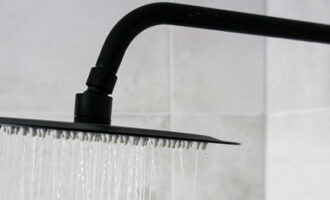How That Nap Influences Your Night’s Rest
Taking a quick snooze during the day can often feel like a much-needed boost, particularly when we’re short on rest. However, indulging in extensive naps or snoozing too late in the day could potentially hurt the quality and longevity of your nighttime sleep. The secret to a beneficial nap lies largely in its timing. Ideally, a restorative nap should last around 30 minutes, with research pointing towards early afternoon as the prime napping window. This is when most individuals experience a natural dip in energy and alertness, making it an opportune time to recharge.
Pinpointing the Optimal Time for a Nap
Studies have indicated that afternoon naps, when timed correctly, do not usually disrupt night-time rest. On the contrary, individuals who nap in the afternoon often report getting the same amount, if not more, total sleep over a 24-hour period compared to non-nappers. That being said, napping too late or for too long can hamper your ability to fall and remain asleep at night by diminishing your sleep drive. It’s commonly advised to avoid napping after 3 p.m. to maintain a healthy sleep schedule.
Ideal Nap Duration to Enhance Well-being
For those sticking to conventional sleep schedules, a nap taken early in the afternoon (between 1 p.m. and 3 p.m.) aligns well with the body’s natural circadian rhythm, often leading to enhanced alertness, mood, memory, and overall cognitive performance. To avoid interfering with nighttime sleep, it is generally recommended to keep naps at least 8 hours away from your bedtime. Naps lasting 30 minutes or less are particularly beneficial as they prevent the body from entering deep sleep phases, which can lead to grogginess upon awakening.
Embracing Naps Without Later Regrets
Occasional napping for about 90 minutes can also be advantageous, allowing the body to complete a full sleep cycle, including all stages of sleep. It can greatly uplift your alertness, and enhance memory and performance. Frequent, longer napping could suggest insufficient nighttime sleep or poor sleep quality.
Strategies to Nap Efficiently
- Utilize an alarm: Keeping naps below 30 minutes minimizes the chances of waking up feeling lethargic. An alarm can help in adhering to this limit.
- Opt for earlier naps: Preferring early afternoon naps over late ones reduces their potential impact on night-time sleep.
- Minimize disturbances: Use items like blackout curtains, eye masks, earplugs, or white noise machines to create a conducive napping environment.
- Consider a ‘coffee nap’: Drinking coffee before a brief nap has shown to enhance alertness more than a nap alone can achieve.
If daytime napping becomes a frequent necessity, it might be indicative of insufficient nighttime sleep or poor sleep quality. In such cases, consulting with a healthcare provider could be beneficial to address any underlying sleep disorders.





